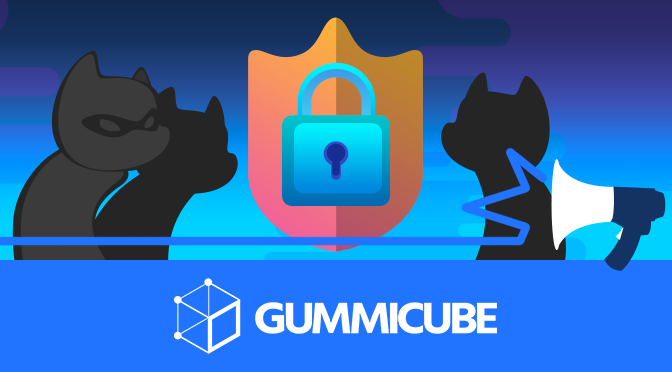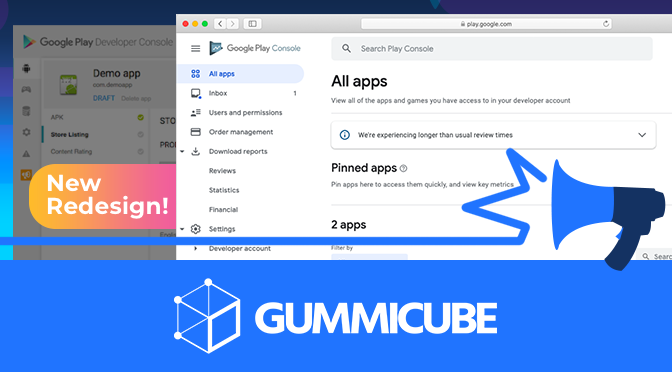
App Store Holiday Schedule 2020
Posted on November 23rd, 2020
When is the App Store Holiday Schedule 2020? Learn about the dates of this year's shutdown and how to prepare.

The Google Play Store has updated with new features for app developers. These are designed to incentivize users to help improve responsiveness and let user reviews pre-register for upcoming apps. Both are important aspects of App Store Optimization, so the new tools can be used to enhance an app’s ASO on the Google Play Store.
The first update is an addition to the Google Play Developer Console, as detailed in the Android Developer Blog. When a developer wants to respond to user reviews, clicking on the Reply section will open a list of three suggested replies. These are currently in beta and only for English-language reviews, but they can provide developers with a shortcut to responding to users.
The suggested replies are essentially templates, providing vague responses like “A new update of the app is coming soon which fixes the problem” or “Thanks for your evaluation. If you have any suggestions or if you are facing any problems, please contact us at info@gummicube.com. We will try our best to help you out.” While this is a good starting point, using them as presented would be less effective for reputation management than properly customizing the replies.
Reputation management is important for an app’s optimization, as an influx of negative reviews can impact an app’s rankings and conversions. Addressing user concerns signals to both potential and existing users that you are paying attention to what users are saying and focusing on providing a positive experience. However, the responses need to be customized to the user and their issues. If a user is unsure how to use a part of the app, the response should provide instructions on how to do that. If they have account issues, you need to let them know you’re looking into it.
Templated responses, like those the Suggested Replies provide, are good to use as bases, but should not be used without any personalization. They need to match the company’s voice and specifically address the users’ concerns, while overusing canned responses can anger users further. While the Suggested Replies are helpful for starting a reply, they should not replace reputation management best practices.
The second update provides custom pages for pre-registration and pre-registration rewards. With pre-registration pages, and app can design a Play Store page specifically for before the app launches. This can be used to call it out as “coming soon,” provide information on upcoming features and call out any pre-registration awards that the app may offer. Once the app launches, it can shift from the pre-registration page to the full listing – it is important that both pages are fully optimized to maximize the app’s indexation and conversions.
The pre-registration rewards are designed to incentivize players to pre-register. According to Google:
“Pre-registration rewards work similarly to promotions. However, instead of typing a promo code to receive a free item, users receive an item after selecting the Pre-registration button on an app’s store listing.”
This is particularly useful to mobile games, which can offer rewards like limited-time items or characters for users who pre-register. It only works for apps with managed products, such as in-app items and equipment, but it can provide a good push to encourage potential users to sign up for the app ahead of time. Developers should also note that the pre-registration reward must be created specifically for that purpose; an app cannot just give away an existing managed product.
Enabling apps for pre-ordering can help generate buzz and lock in a customer base that will be ready for the app when it hits the store. The pre-registration page should still be optimized for the Google Play Store – pre-optimizing an app helps it build its keyword indexation before its full launch, so it’s ready to hit the ground running with important keywords and well-designed creatives.
These new additions can help improve an app’s ASO on the Google Play Store if used properly. While suggested replies are no substitute for proper reputation management, they can be used to assist and provide a baseline to start with for replying to users.
The pre-registration pages and rewards can help encourage users to sign up for an app ahead of time. The pre-registration page needs to be fully optimized in order to reach users and build rankings for the app once it launches, while the page can showcase the rewards and provide a good incentive for users to pre-register.
Every update can help apps reach more users and improve consumer relations, but App Store Optimization is important every step of the way.
Want more information regarding App Store Optimization? Contact Gummicube and we’ll help get your strategy started.

When is the App Store Holiday Schedule 2020? Learn about the dates of this year's shutdown and how to prepare.

Apple's App Store Guidelines have strict privacy requirements. Developers now must provide information to users on the App Store listing regarding the data they access.

The Google Play Developer Console has been updated with a new design and adjusted tools. What's different, and how will it impact App Store Optimization?